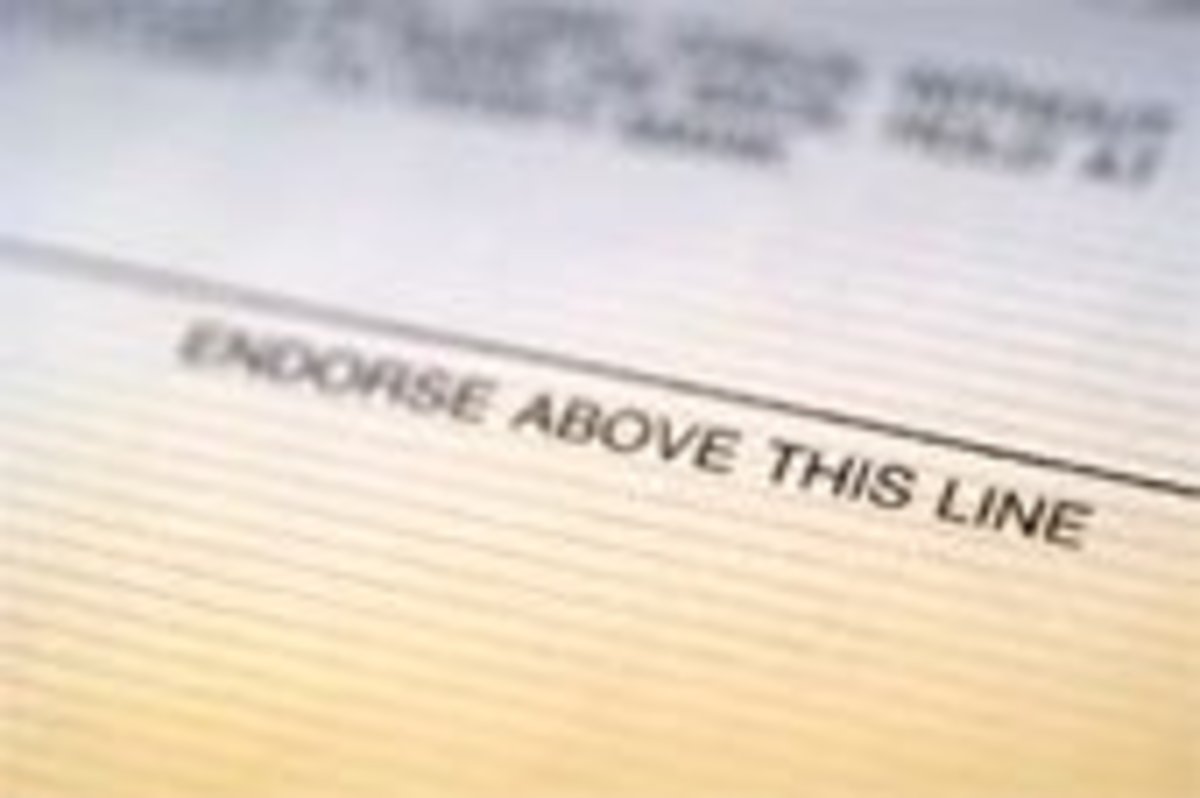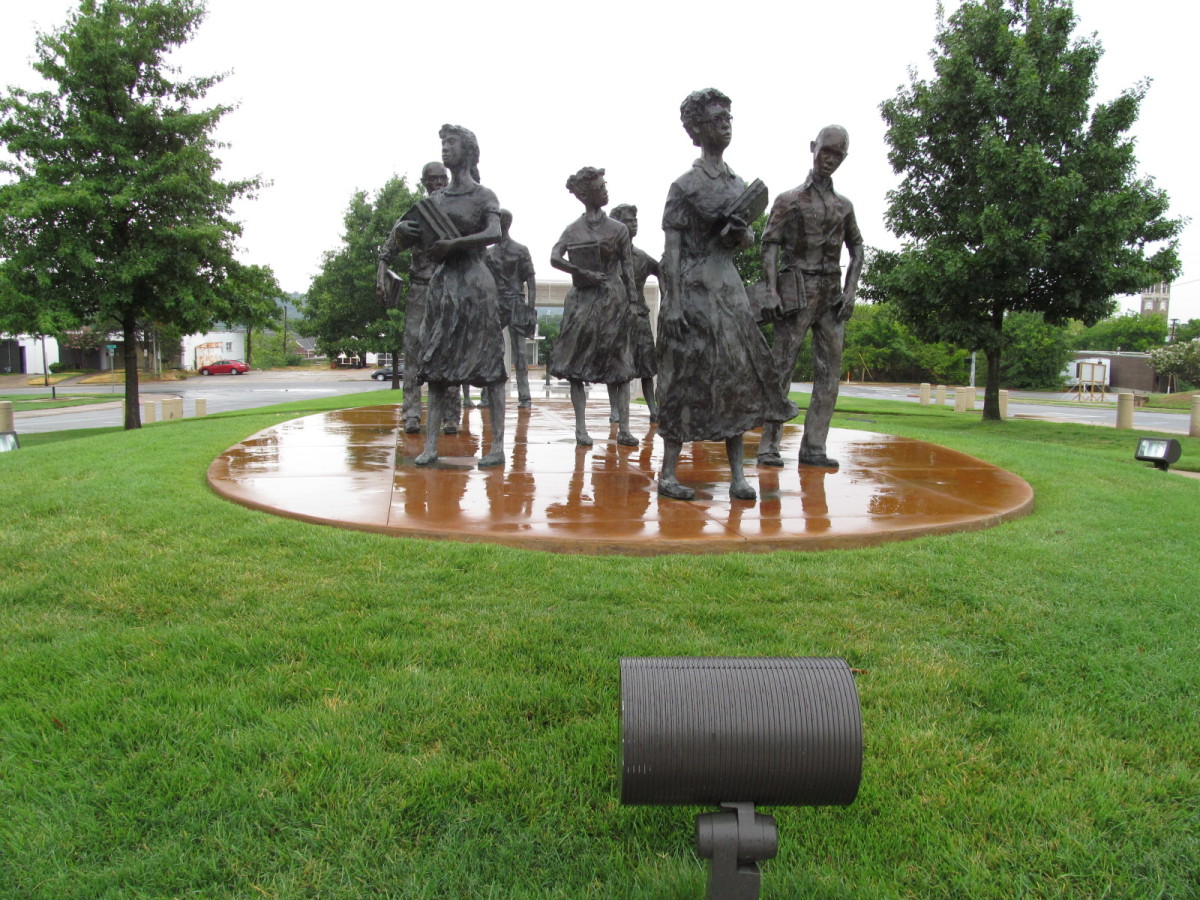What are rights?

What are rights? For all that is said about them what they are and how we get them is hotly debated in some philosophical circles. Some tell us that rights cannot be given; only recognized. But is that true? Where or how do we get them?
Inalienable rights are rights we are thought to simply have by Virtue of existing. Some say they are god given. But what does that mean exactly?
dictionary.law.com defines rights in legal terms: “The collection of entitlements which a person may have and which are protected by the government and the courts or under an agreement (contract).”
According to US law then, rights are entitlements which are protected by contract or law. What if there are no contracts and no law to cover what you believe to be your rights? Do you still have them? Not according to this definition. We may think we have a right to do something but if it is counter to the law of the land we may not be able to exorcise those rights whether god gave them or not.
But back to what god given rights are. They are usually the same as what some would call natural rights. That is to say the right to shelter and food and water. The necessities. The right to fulfill your needs, in other words. The most common of which all humans share.
We add ideas like liberty, freedom, being treated with dignity, having the right to pursue happiness, etc. But how can a god give us such rights? Surely only by facilitating their possibility; because neither god nor nature protects our rights. We have to take or demand them.
Like it or not governments grant rights, they don’t just recognize them, though that is the language often used. Case in point being the civil rights movements in the US and around the world. People had to demand that their rights were protected by law. No one in government woke up one day and proclaimed that they had seen the light. Woman and minorities had to capture the hearts and minds of the masses before change came. And even then there was stiff opposition from those who profited more from not recognizing the rights of others.
Gay rights and gay marriage in Canada came about through a dynamic document that was added to the Canadian constitution when it was brought to Canada from England some 30 years ago as of the writing of this text. That document being the Canadian Charter of Rights and Freedoms.
It is perhaps the greatest civil rights based document in the world, spelling out the rights and freedoms of its citizens. But it does more than that. It sets a direction for the nation and it gives direction to judges when faced with new challenges and new demands.
So rights are best protected when they are part of a constitutional system. Magna Carta of the 1200s, for all its failings was the first document that limited the rights of a king in favor of the rights of his subjects, all be it mostly geared to the protecting the rights of the upper classes.
One of the rights that affected everyone including the lower class was that a subject could not be taxed without representation. This fact led to revolution among the British subjects living in the Americas when they were taxed without having representation in British parliament. Some of us may be familiar with what happened next.
Of course all revolutions are demands for rights.
The thing about inalienable rights as we see them these days is that they apply to everyone, or should. When one party’s right is added to our civil rights we all have that right. It does not take away any of our other rights. In fact the Canadian constitution, for one, forbids making laws that grant rights for one party while removing an existing right.
Often a right another party had is recognized for a party who previously didn’t have that right. But it doesn’t remove the right the other had previously enjoyed. A case in point is gay marriage again; and I use it here only because it is such a perfect example. Here a right was simply extended to a minority of people who didn’t have that right previously. No one is forcing anyone to marry the same sex. But everyone now has a right to if they choose to.
The only right that might be infringed upon in this case might be a person’s perceived right to deny rights to others on their own moral/ traditional/sensibility based grounds. Yet once a right is recognized by law, denying someone that right becomes illegal and not a right we have.
But that is only when our rights are protected. When they are not: might makes right. That is to say, the most powerful grant themselves rights and deny others theirs.
If, like our distant ancestors may have done, we lived alone in the wilderness, we could take any right we want. It is when others who also believe they have rights, infringe on ours, that conflict arises. Until it is resolved it often becomes impossible to exorcise the rights you think you have. So do you have them?
You can claim whatever right you want to have as long as no one else objects. You can do whatever you like as long as you don’t get caught. Therefore you actually have no rights at all unless they are agreed to by others.
Rights then rely on others. We agree to recognize rights that are beneficial to all or most of us. No one would object to having dignity added to our list of rights because everyone wants to be treated with dignity. Not everyone wants to treat everyone else with dignity but they want that right for themselves. Therefore rights for all is a trade off. You get a right for the price of no longer having the right to object to others having that right. It is making a win win situation from a win lose situation. And if you have a win win situation the agreement is more likely to stick because then all parties have a stake in seeing that it does.
To say that we have inalienable rights seems to be meaningless. In the wild animals have a strong survival instinct. If they need shelter they fight for it or find a place to live that is uncontested. Do they have a god given right to that space?
If so then in what way? No god is protecting their right. Nature does not protect their right. They have to.
Rights are not given and we do not have them unless we demand them or take them or inherit them. If we had inalienable rights no one could take them from us. It really is as simple as that, and there is nothing that cannot be taken from us, up to including our lives.
Rights are protected by law, through an agreement of the majority or through a constitutional document. If that document is not upheld we may not actually have the right.
Now again, we can add the word moral to our discussion. Do we have the moral right to food and life and dignity? Morality, as I have said before, is the conviction that doing intentional harm is wrong even in a naturalistic sense. So denying food and shelter and life to others is immoral by any definition.
Inalienable rights make sense in the moral context, and the greatest reason for that is a selfish one. After all, to make a contract with others securing everyone’s rights, secures ours. It is the only way to secure them. Yes, we have to protect them from time to time. But we don’t spend all our time doing nothing else because we have recourse; and that in and of itself gives us a kind of freedom we otherwise wouldn’t have.
I cannot think of a single sense in which we have inalienable rights which we didn’t give ourselves through agreement with others, tradition, or which we didn’t inherit through the contracts made by others before us.







